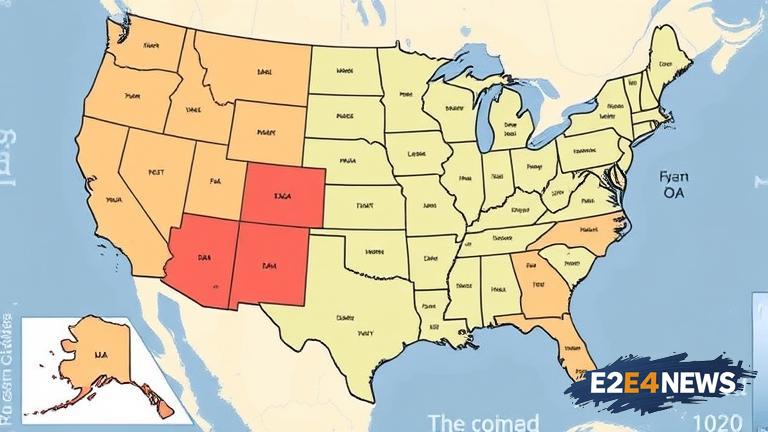The recent unveiling of the proposed redistricting map has sparked intense controversy, with US Representative Veronica Escobar being one of the most vocal critics. Escobar has expressed her deep concerns regarding the map’s potential to unfairly represent certain communities and perpetuate gerrymandering. According to Escobar, the map’s configuration would lead to a disproportionate distribution of voting power, effectively silencing the voices of marginalized groups. The proposed map has been met with widespread criticism from various stakeholders, including civil rights organizations and local community leaders. They argue that the map’s boundaries have been deliberately manipulated to favor one party over the other, undermining the principles of fair representation. Escobar has emphasized the need for a more equitable and transparent redistricting process, one that prioritizes the interests of all constituents, regardless of their party affiliation. The controversy surrounding the redistricting map has highlighted the ongoing debate about the role of gerrymandering in American politics. Gerrymandering, the practice of manipulating electoral district boundaries for political gain, has been a longstanding issue in the United States. Critics argue that it leads to a lack of competitive elections, disenfranchises certain groups, and undermines the overall integrity of the democratic process. In response to the criticism, the map’s proponents have argued that it is a necessary measure to ensure the continuity of their party’s representation in the region. However, Escobar and other opponents counter that this approach is short-sighted and ultimately detrimental to the health of democracy. The redistricting process is a complex and contentious issue, with various stakeholders vying for influence and control. As the debate continues to unfold, it remains to be seen whether the proposed map will be implemented or revised to address the concerns of critics like Escobar. The outcome of this controversy will have significant implications for the future of American politics, particularly in regards to issues of representation, fairness, and electoral integrity. Escobar’s criticism of the redistricting map has sparked a wider conversation about the need for reform and the importance of protecting voting rights. The issue has also highlighted the role of civic engagement and community participation in shaping the democratic process. As the redistricting process moves forward, it is essential that all stakeholders, including elected officials, community leaders, and ordinary citizens, remain vigilant and committed to ensuring that the final map reflects the principles of fairness, equity, and representation. The controversy surrounding the redistricting map serves as a reminder of the ongoing challenges facing American democracy and the need for continued efforts to protect and strengthen the institutions of governance. In conclusion, the debate over the proposed redistricting map has brought to the forefront critical issues regarding representation, gerrymandering, and the integrity of the democratic process. As the situation continues to evolve, it is crucial that all parties involved prioritize the interests of the constituents and work towards creating a more just and equitable electoral system. The future of American democracy depends on the ability of its citizens and leaders to navigate complex challenges like the redistricting controversy and emerge with a stronger, more resilient system of governance. Ultimately, the resolution of this controversy will have far-reaching implications for the health of democracy, both in the United States and beyond. The world is watching as America grapples with the complexities of its electoral system, and the outcome of this debate will undoubtedly shape the course of history. With the fate of democracy hanging in the balance, it is imperative that all stakeholders remain committed to the principles of fairness, equity, and representation, and work tirelessly to create a better future for generations to come.
